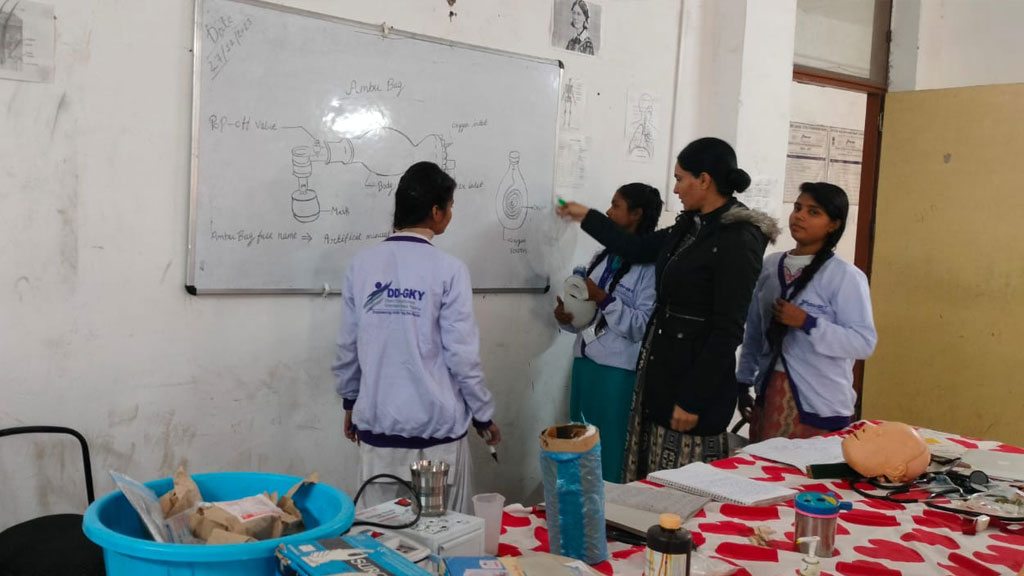Introduction:
Investing in education is a powerful way for businesses to contribute to the sustainable development of communities and leave a lasting positive impact. Educational Corporate Social Responsibility (CSR) initiatives are instrumental in creating opportunities for learning, skill development, and personal growth. This article explores CSR initiatives that focus on creating educational opportunities, emphasizing their potential to leave a lasting legacy for individuals and communities.
Building Infrastructure and Access:
Fundamental to any educational initiative is ensuring access to quality education. CSR programs can contribute to building schools, libraries, and educational infrastructure, particularly in underserved areas. By enhancing access to education, companies lay the foundation for a lasting legacy of knowledge and empowerment.
Scholarship Programs and Financial Aid:
Financial barriers often limit access to education. CSR initiatives that include scholarship programs or financial aid support make a significant impact by enabling deserving individuals to pursue their educational goals. These initiatives contribute to breaking the cycle of poverty and create a legacy of improved socio-economic conditions.
Digital Literacy Programs:
In today’s digital age, promoting digital literacy is crucial. CSR initiatives that focus on providing access to technology, internet connectivity, and digital skills training equip individuals with the tools needed to thrive in the modern world. This investment in digital literacy creates a legacy of empowerment and adaptability.
Vocational Training and Skill Development:
Not all educational paths lead to traditional academic pursuits. CSR initiatives that support vocational training and skill development cater to diverse talents and interests. By equipping individuals with practical skills, companies contribute to the creation of a skilled workforce and leave a legacy of sustainable livelihoods.
Community Learning Centers:
Establishing community learning centers goes beyond traditional educational settings. These centers can serve as hubs for continuous learning, skill workshops, and community engagement. CSR initiatives that create such centers foster a culture of lifelong learning, leaving a lasting legacy of knowledge dissemination within communities.
Teacher Training and Capacity Building:
The quality of education is closely tied to the capabilities of educators. CSR initiatives can focus on teacher training programs, workshops, and capacity-building efforts. By investing in the professional development of educators, companies contribute to a legacy of improved teaching standards and educational outcomes.
Educational Partnerships and Collaborations:
Collaborating with educational institutions, NGOs, and other stakeholders enhances the impact of CSR initiatives. Partnerships can lead to the development of comprehensive educational programs, research initiatives, and outreach efforts. This collaborative approach ensures a sustained legacy of educational excellence and community development.
Environmental Education Initiatives:
CSR initiatives can extend beyond traditional academic subjects to include environmental education. Programs focused on sustainability, conservation, and eco-friendly practices instill a sense of environmental responsibility. This legacy contributes to a more conscientious and environmentally aware future generation.
Conclusion:
Creating educational opportunities through CSR initiatives is not merely a philanthropic act but a strategic investment in the future. By leaving a legacy of improved access to education, enhanced skills, and empowered communities, companies play a vital role in shaping a more inclusive, knowledgeable, and sustainable world. These initiatives extend beyond immediate impact, creating a lasting legacy that transcends generations and underscores the transformative power of education.
- By admin

